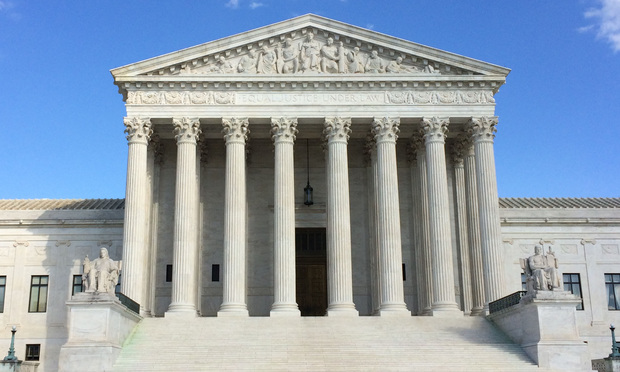The U.S. Supreme Court recently granted certiorari in a religious accommodation case, EEOC v. Abercrombie. This case involves a Muslim teenager, Samantha Elauf, who was denied a job at an Abercrombie and Fitch store because she wore a black headscarf, or hijab, to her job interview. Abercrombie argued not only that the company should not be required to hire and accommodate Elauf but additionally that they were never given actual notice that she was wearing the hijab for religious reasons.
The U.S. Court of Appeals for the Tenth Circuit granted summary judgment to Abercrombie, holding that the company did not have an obligation to accommodate Elauf since “Ms. Elauf never informed Abercrombie prior to its hiring decision that her practice of wearing a hijab was based on her religious beliefs.”1 In other words, the court held that an employee in a religious accommodation case has an obligation to give direct explicit notice to her employer that her religious practices conflict with a neutral work rule.
Background
This content has been archived. It is available through our partners, LexisNexis® and Bloomberg Law.
To view this content, please continue to their sites.
Not a Lexis Subscriber?
Subscribe Now
Not a Bloomberg Law Subscriber?
Subscribe Now
LexisNexis® and Bloomberg Law are third party online distributors of the broad collection of current and archived versions of ALM's legal news publications. LexisNexis® and Bloomberg Law customers are able to access and use ALM's content, including content from the National Law Journal, The American Lawyer, Legaltech News, The New York Law Journal, and Corporate Counsel, as well as other sources of legal information.
For questions call 1-877-256-2472 or contact us at [email protected]



